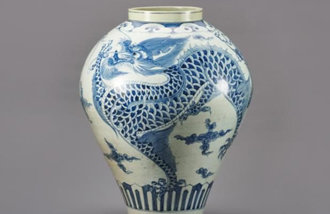[Editorial] When Will We Be Free from Restraints of Being on ``Watch List?``
[Editorial] When Will We Be Free from Restraints of Being on ``Watch List?``
Posted October. 23, 2001 08:26,
It is pitiful to think how long our country will remain on the `Watch List` of countries that suppress freedom of the press.
The International Press Institute (IPI) decided to keep South Korea on the watch list. The IPI assessed that the press situation has not improved at all. The IPI added Zimbabwe on the watch list following Russia, Sri Lanka, Venezuela and South Korea. It is disgraceful for South Korea to be placed at the same level with these countries.
The IPI said that it was a violation of the international law standard to continue the trial of the three arrested owners of the press companies while detaining them without allowing bailout, although there was no concern over extinction of evidence or escape. The long-term detention of the three owners greatly influenced the decision of the IPI.
The detention of the owners in custody has been over two months. Without political intention, it is impossible to violate the freedom of human body for such a long period ignoring the law of which principle is non-detention investigation. In the same vein, the IPI defined the arrest and detention of the owners as a means to suppress and threaten the press, and urged the South Korean government to stop an attempt to press the management financially along with an attempt to violate the editing rights.
The same logic continues as it is pointed out that the court should consider the international principle called freedom of the press, and the tax investigation used as a means to suppress freedom of expression, as the base of judgment.
However, the government repeatedly says that freedom of press is guaranteed in South Korea. This sounds vein when the owners of the representative press companies in South Korea could do nothing in front of the government`s physical force.
Members of the opposition party submitted a `resolution of the stop of press suppression and the call for the release of the arrested owners of the press company` to the National Assembly. The content of the resolution is similar to that of the IPI.
The government should reflect the IPI`s critique, which stated that ``South Korea is damaging its own reputation, once known as a country that supports the fundamental principles such as freedom of press and freedom of expression.`` Although the tense relation between the press and the government is necessary, it is not beneficial to anybody to take a stand against each other like right now. The prolonged situation of the press case is not desirable to the government and people at all.







